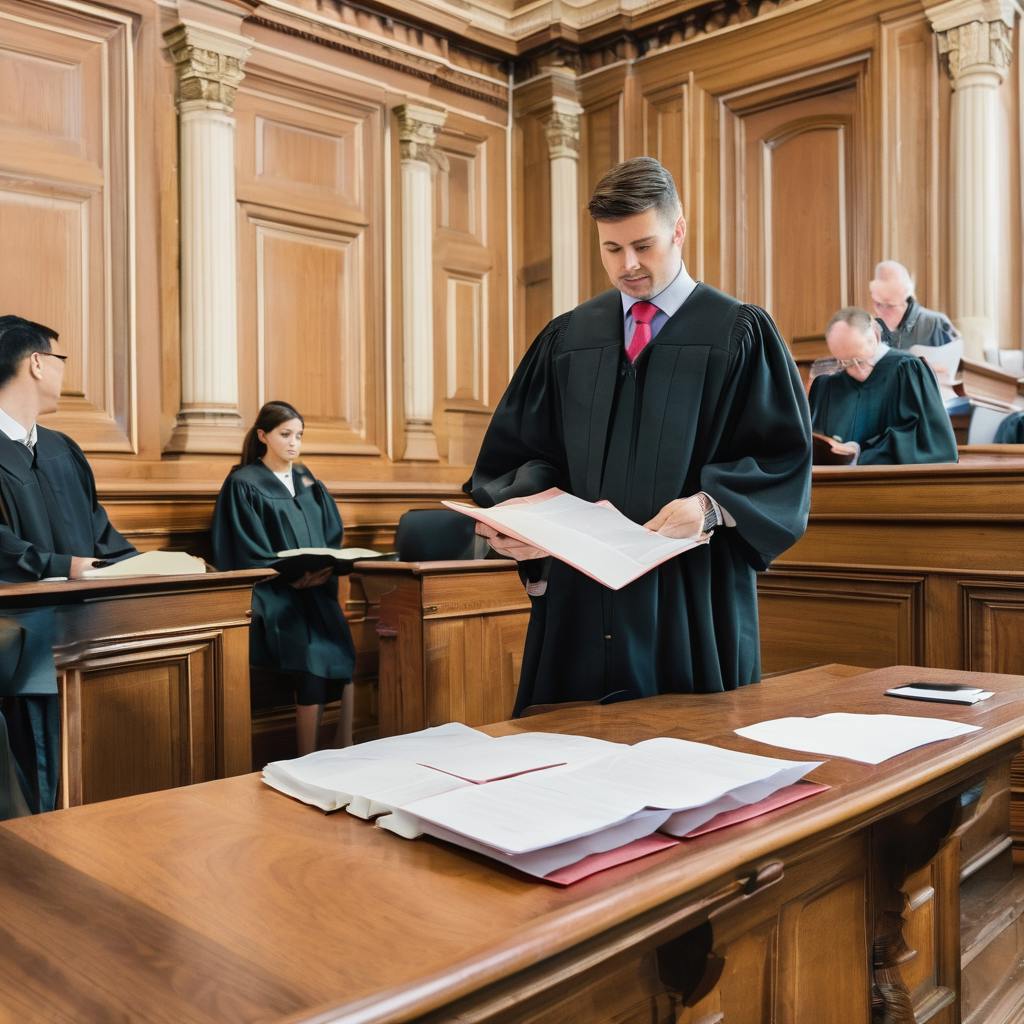X Corp. v. Center for Countering Digital Hate, INC. Court Filing, retrieved on March 25, 2024 is part of HackerNoon’s Legal PDF Series. You can jump to any part in this filing here. This part is 7 of 19.
1. “In Furtherance of”
CCDH’s writing of reports and articles about X Corp.—writing the complaint references over and over, see, e.g., FAC ¶¶ 1, 3–4, 12, 17–24, 38, 41, 43–52, 54–60, 62, 65–70, 77–78, 84–85, 92, 96, 98—unquestionably constitutes an act “in furtherance of” CCDH’s free speech rights. See Hilton, 599 F.3d at 904 (producing a birthday card is conduct in furtherance of free speech rights). CCDH also makes a compelling case that gathering the data used in its publications is also an act in furtherance of its free speech rights. See MTD&S at 8–9. “Because newsgathering is part and parcel of [reporting the news], newsgathering likewise constitutes protected activity.” Iloh v. Regents of Univ. of Cal.. 94 Cal. App. 5th 947, 956–57 (2023). “Reporting the news usually requires the assistance of newsgathering, which therefore can be construed as undertaken in furtherance of the news media’s right to free speech.” Lieberman v. KCOP Television, Inc., 110 Cal. App. 4th 156, 166 (2003); see also Taus v. Loftus, 40 Cal. 4th 683, 713 (2007) (“conducting an investigation” was “unquestionably . . . conduct in furtherance of [the] right of free speech”). CCDH obtained X Corp. data in order to use that data in its reports and articles. See FAC ¶ 70 (“CCDH’s conduct to obtain that data (which it then distorted) was necessary for CCDH to make its allegations against X Corp. and X regarding hate speech and other types of content on X.”), id. ¶¶ 44–55 (describing the two reports and one article at issue in this case). Accordingly, the acquisition of X Corp. data was newsgathering in furtherance of CCDH’s protected rights.
Moreover, it is irrelevant for the purposes of satisfying CCDH’s burden at the first step if CCDH did its newsgathering improperly. In Navellier v. Sletten, 52 P.3d 703, 712 (Cal. 2002), the plaintiffs noted that the anti-SLAPP statute took aim at lawsuits that chilled the “valid exercise” of free speech rights, and argued that the statute did not apply where the petitioning activity at issue “was not ‘valid.’” The court disagreed, explaining that “any claimed illegitimacy of the defendant’s act is an issue which the plaintiff must raise and support in the context of the discharge of the plaintiff’s [secondary] burden to provide a prima facie showing of the merits of the plaintiff’s case.” Id. (internal quotation marks omitted). Likewise, in Smith v. Payne, No. C 12-01732 DMR, 2012 WL 6712041, at *4 (N.D. Cal. Dec. 26, 2012), the court rejected the plaintiffs’ argument that they needed discovery of “‘the precise nature of pre-publication acts constituting [the defendant’s] conduct toward [p]laintiffs’ to show that his motives in allegedly trespassing on private property and assaulting them ‘had nothing to do with furtherance of the exercise of constitutional right of petition or free speech.’” Judge Ryu explained: “To the extent that [the plaintiffs] seek such discovery to show that [the defendant’s] actions . . . were not performed in connection with newsgathering, but for some other, sinister motive, such an argument ‘confuses the threshold question of whether the SLAPP statute [potentially] applies with the question whether [the plaintiffs have] established a probability of success on the merits.’” Id. (quoting Birkner v. Lam, 156 Cal. App. 4th 275, 284 (2007)). X Corp.’s argument that “parties to a contract cannot disregard the terms of their agreements, or governing statutory law, simply by invoking the mere pursuit of contemplated, alleged protected speech,” see Opp’n at 11, therefore misses the mark. If CCDH’s conduct breached a contract or violated a law, that is an issue for the second step of the anti-SLAPP analysis, where X Corp. bears the burden.
Continue Reading Here.
About HackerNoon Legal PDF Series: We bring you the most important technical and insightful public domain court case filings.
This court case retrieved on March 25, 2024, from storage.courtlistener is part of the public domain. The court-created documents are works of the federal government, and under copyright law, are automatically placed in the public domain and may be shared without legal restriction.

